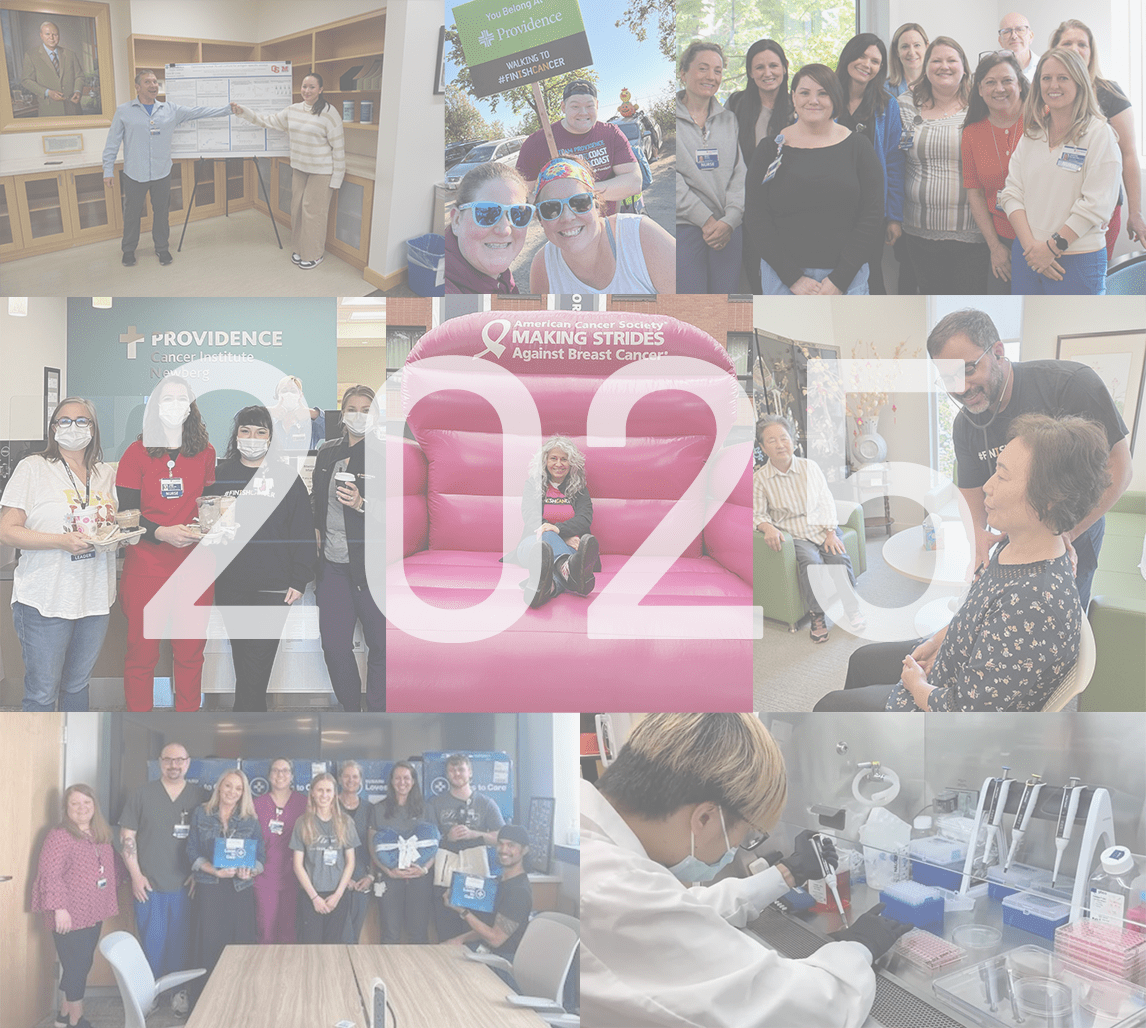Institute for Systems Biology study shows maternal COVID-19 infection increases risks of preterm birth, low birth weight and stillbirth
SEATTLE, Wash., Jan. 13, 2022 - People who contracted COVID-19 while pregnant were more likely to have poor birth outcomes including preterm birth, small for gestational age, low birth weight, and stillbirth. The poor outcomes of preterm birth and stillbirth were observed primarily with those infected with SARS-CoV-2 during the first or second trimester, whereas increased rates of small for gestational age were driven largely by third trimester infection.
An Institute for Systems Biology-led study examined the electronic health records of more than 18,000 people with SARS-CoV-2 tests during pregnancy. Researchers compared outcomes of unvaccinated people with a positive test during pregnancy – 882 in total – to those who tested negative.
“We found that SARS-CoV-2 infection indicated increased rates of preterm delivery and stillbirth, largely driven by first and second trimester infections,” said Samantha Piekos, PhD, first author of the study. She added: “The single greatest predictor of gestational age at delivery is gestational age at infection, with earlier age at infection associated with earlier age at delivery.”
The people in the study had mild or moderate SARS-CoV-2 infections. Severity of maternal COVID-19 infection was not correlated with gestational age at delivery. Additionally, poor birth outcomes were present even if maternal COVID-19 didn’t result in severe respiratory problems during infection.
The findings were published today in the journal The Lancet Digital Health and are among the first that account for the trimester of SARS-CoV-2 infection on birth outcomes.
People in the SARS-CoV-2-positive cohort were more likely to have Hispanic ethnicity, race other than Asian or White, Medicaid insurance, lower age, higher BMI, lower education attainment, and other factors known to be associated with negative birth outcomes. To account for this and to make a true apples-to-apples comparison, researchers used a statistical matching technique that controlled for the confounding variables.
“Pregnant people are at an increased risk of adverse outcomes following SARS-CoV-2 infection, even when maternal COVID-19 is less severe, and they may benefit from increased monitoring following infection,” said Jennifer Hadlock, MD, corresponding author of the paper and assistant professor at ISB. “Both maternal and fetal health are at increased risk with COVID-19. Therefore, this reinforces the importance of protecting pregnant women,” she added.
The study was conducted before COVID-19 vaccines were widely available in the United States. There is an opportunity for future studies to examine whether vaccination helps to prevent negative birth outcomes in breakthrough cases.
This research project was a collaboration between ISB and Providence.
About ISB
Institute for Systems Biology (ISB) is a Seattle-based non-profit biomedical research organization. We focus on some of the most pressing issues in human health, including aging, autoimmune diseases, brain health, cancer, and many infectious diseases. ISB is an affiliate of Providence, one of the nation’s largest not-for-profit health care systems. Follow us at www.isbscience.org and on YouTube, Facebook, LinkedIn and Twitter.




